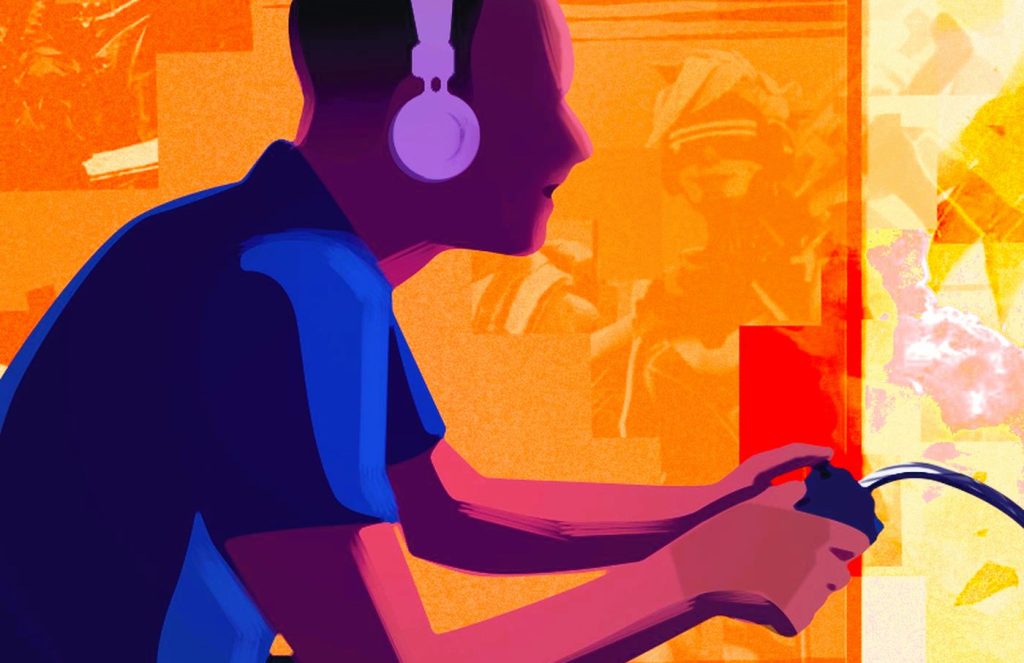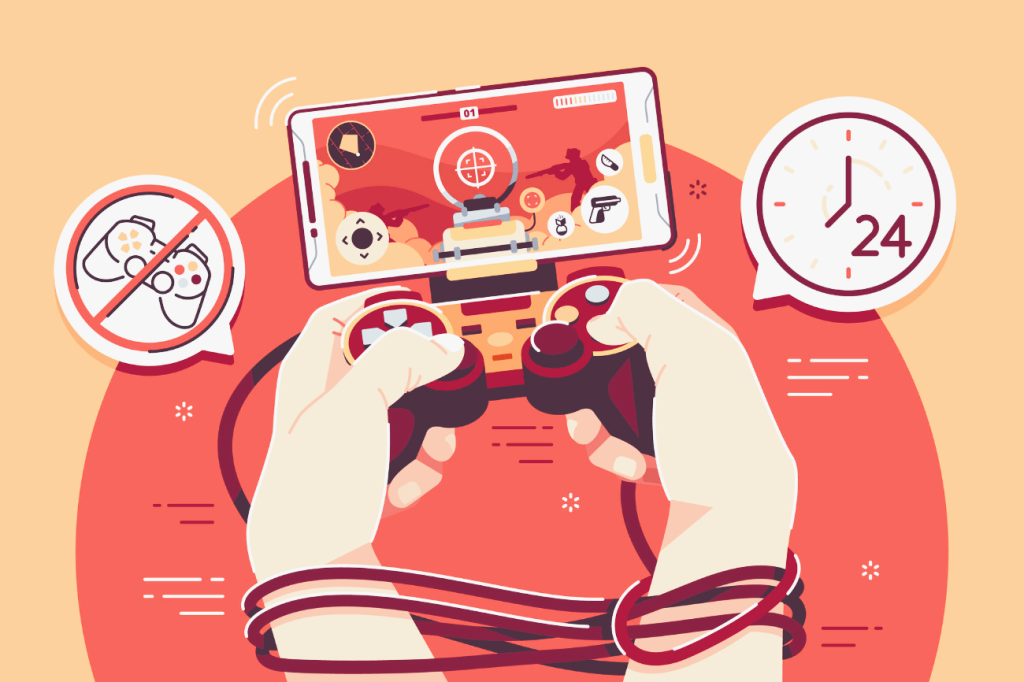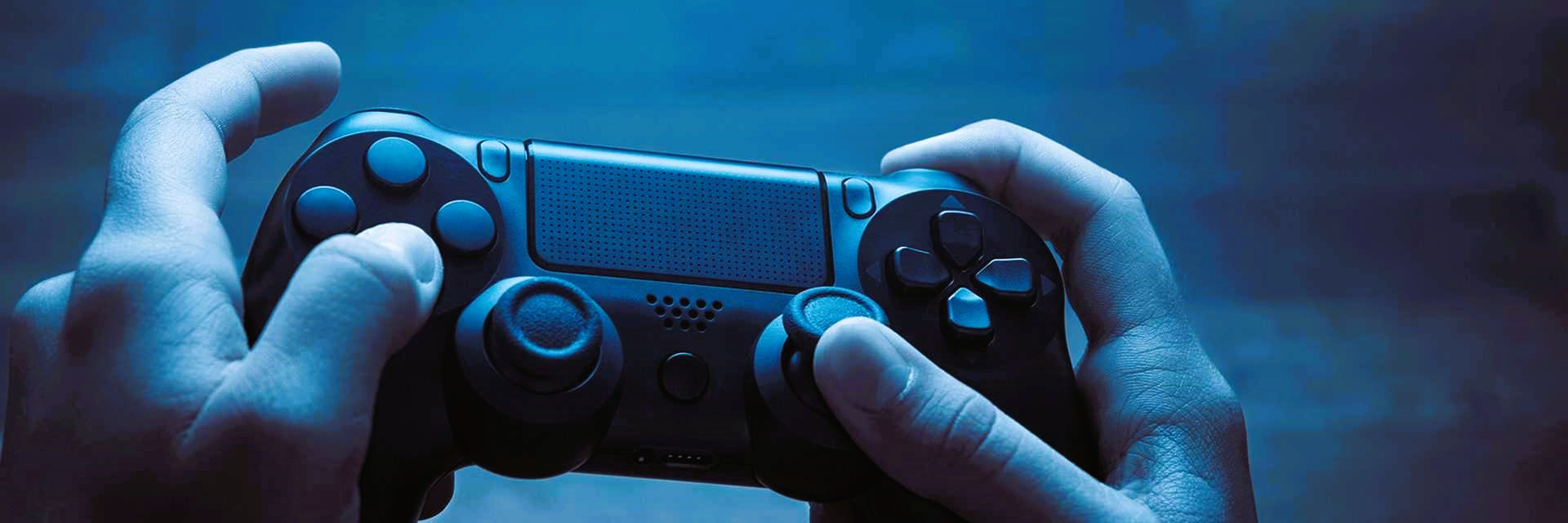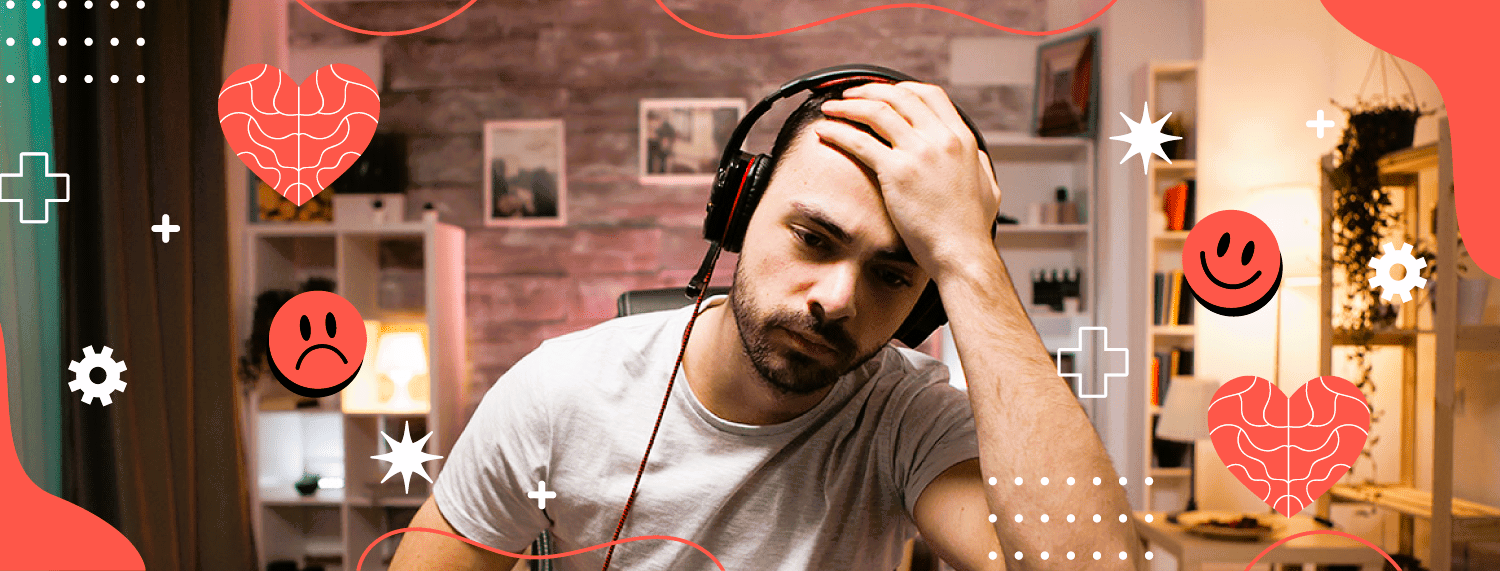The world of competitive gaming has evolved into a thriving ecosystem where players engage in fierce battles, not only with their opponents but also with their own minds. The psychological aspect of gaming, particularly in competitive settings, plays a crucial role in determining success or defeat. In this exploration, we delve into the intricate realm of the psychology of gaming, focusing on the development of mental toughness in competitive play.
Understanding Mental Toughness:
Mental toughness in gaming refers to a player’s ability to maintain focus, resilience, and optimal performance under pressure. It involves the capacity to handle setbacks, manage stress, and remain composed in the face of adversity. In the competitive gaming landscape, mental toughness is often the differentiator between victory and defeat.
The Impact of Mindset:
A player’s mindset significantly influences their gaming experience. A growth mindset, characterized by a belief in one’s ability to improve through effort and learning, fosters mental toughness. On the other hand, a fixed mindset, where challenges are seen as insurmountable obstacles, can hinder performance and resilience.
Dealing with Pressure:

Competitive gaming environments are rife with pressure, from high-stakes tournaments to crucial in-game moments. Mental toughness allows players to navigate this pressure effectively. Strategies such as mindfulness, deep breathing, and positive visualization are employed to stay grounded and focused during critical moments.
Adaptability and Resilience:
The ever-changing nature of competitive games demands adaptability and resilience. Mental toughness enables players to bounce back from setbacks, learn from mistakes, and adjust their strategies. This adaptability is crucial in games where each match presents new challenges and opponents employ diverse tactics.
Managing Expectations:
Expectations, whether internal or external, can impact a player’s mental state. Mental toughness involves setting realistic expectations, understanding that failure is a part of growth, and focusing on the process rather than solely on outcomes. Managing expectations contributes to a healthier mindset and sustained motivation. We have prepared for you a detailed guide to aiming in CS 2.
Overcoming Negative Thoughts:
Negative thoughts, self-doubt, and internal criticism can plague even the most skilled players. Mental toughness involves recognizing and challenging these negative thoughts, replacing them with positive affirmations, and maintaining a constructive inner dialogue. This mental fortitude is essential for maintaining confidence during difficult moments.
Developing Mental Toughness:
Mental toughness is a skill that can be developed over time. Training the mind is as crucial as honing in-game skills. Strategies for cultivating mental toughness include:
- Visualization Techniques: Visualization involves mentally rehearsing successful plays, envisioning positive outcomes, and picturing oneself overcoming challenges. This technique enhances mental preparation and confidence.
- Mindfulness Practices: Mindfulness, such as meditation and focused breathing exercises, fosters present-moment awareness. These practices help players stay calm, focused, and in control during intense gaming situations.
- Stress Inoculation: Intentionally exposing oneself to controlled levels of stress during practice sessions helps build resistance to pressure. Gradual exposure to competitive stressors can enhance a player’s ability to perform under real tournament pressure.
- Positive Self-Talk: Cultivating positive self-talk involves consciously replacing negative thoughts with constructive and affirming statements. This shift in internal dialogue contributes to a more resilient and optimistic mindset.
The Role of Support Systems:
In the competitive gaming realm, the importance of a supportive environment cannot be overstated. Teams, coaches, and even communities play a vital role in fostering mental toughness. Supportive feedback, constructive criticism, and camaraderie contribute to a positive mental space for players.
Real-World Applications:

The mental toughness developed in competitive gaming has real-world applications. The skills of focus, resilience, adaptability, and positive mindset translate into various aspects of life, from academic pursuits to professional endeavors. The ability to navigate challenges and setbacks becomes a valuable asset beyond the gaming arena.
Community Discussions and Resources:
Understanding the psychology of gaming and mental toughness is an ongoing dialogue within the gaming community. Reputable gaming websites such as IGN often feature articles, discussions, and expert insights on the mental aspects of competitive gaming. These platforms serve as valuable resources for players seeking to delve deeper into the psychological dimensions of their craft.
Conclusion
In the high-stakes world of competitive gaming, mental toughness stands as a critical factor that can propel players to new heights or hinder their progress. The psychology of gaming encompasses a rich tapestry of mindset, resilience, and strategies to navigate the complex landscape of virtual battles. As players strive for excellence, the development of mental toughness becomes not only a competitive advantage but a journey of self-discovery and personal growth. For those interested in delving deeper into the psychology of gaming, reputable gaming websites provide a wealth of resources to enrich the understanding and application of mental toughness in the world of competitive play.


